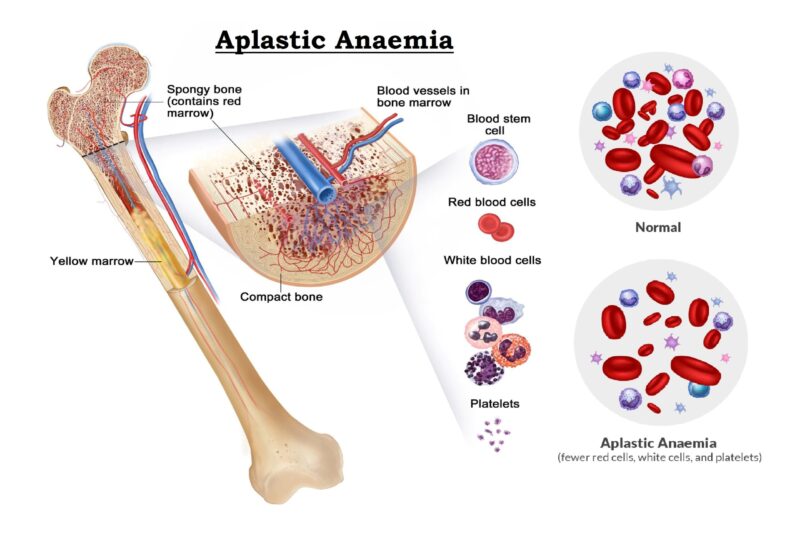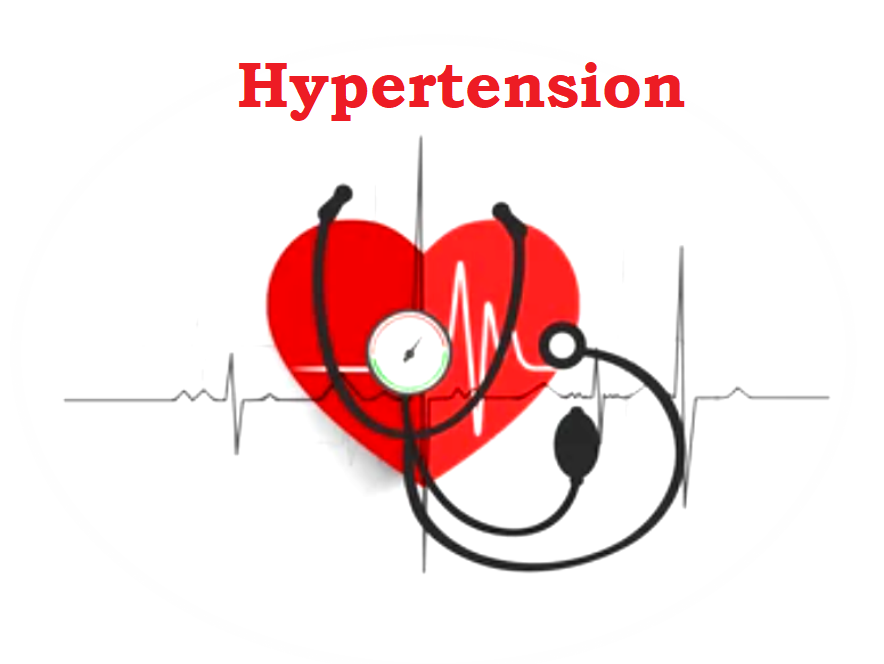The early stages of Alzheimer's disease are difficult to diagnose. A definitive diagnosis is usually made once cognitive impairment compromises daily living activities, although the person may still be living independently. The symptoms will progress from mild cognitive problems, such as memory loss through increasing stages of cognitive and non-cognitive disturbances, eliminating any possibility of independent living, especially in the late stages of the disease.
There is no specific single test for Alzheimer’s disease. If a doctor suspects the presence of the condition, they will ask the person about their past information regarding health, medication, diet, past medical problems, ability to carry out daily activities, changes in behavior and personality. Sometimes consult with their family or caregivers about their symptoms, experiences, medical history and changes in behavior and personality
The only definitive way to diagnose someone with Alzheimer’s disease is to examine their brain tissue after death when microscopic examination of the brain reveals the characteristic plaques and tangles. But doctor can examinations the neurological health, mental abilities, diagnose dementia, and rule out other conditions for diagnosis of Alzheimer’s disease.
- Doctor will perform a physical examination for assess overall neurological health by testing the patient’s joints & muscular reflexes, muscle tone and strength, sense of sight and hearing, coordination & balance. Afterwards mental status analyzed to assess patient’s short-term memory, long-term memory, and orientation to place and time.
- Some of the imaging study may ensure accurate diagnosis of Alzheimer’s disease these are as follows :
- Computed Tomography (CT) scan: A CT scan uses x-ray technology to create multiple images of the brain. It helps detect conditions like bleeding in the brain, inflammation, skull fractures, blood clots, strokes, brain tumors, enlarged brain cavities, other signs of brain disease.
- Magnetic Resonance Imaging (MRI): An MRI takes multiple images of the brain using powerful magnets and radio waves. It can helps to detect cysts, tumors, bleeding, swelling, structural abnormalities, infections, inflammatory conditions or/and problems with the blood vessels in the brain.
- Positron Emission Tomography (PET) scan: A PET scan is an imaging test that can provide information on how the brain and its tissues function on a cellular level. It’s used to detect changes in bodily processes that can reveal abnormalities of brain function. These include changes in glucose metabolism, oxygen metabolism, blood flow etc.
During a PET scan, a low-level radioactive tracer is injected into the blood to reveal a particular feature in the brain. Fluorodeoxyglucose (FDG) PET scans show areas of the brain in which nutrients are poorly metabolized, identifying patterns of degeneration, areas of low metabolism. It can help to distinguish between Alzheimer's disease and other types of dementia. Amyloid PET imaging can measure the burden of amyloid deposits in the brain. Tau PET imaging can measures the burden of neurofibrillary tangles in the brain. Amyloid & Tau PET imaging are generally used in the research purpose.
- Some time doctor may suggest for few blood investigations to rule out other potential causes of memory loss and confusion, such as some hereditary genetic analysis (mutations in the amyloid precursor protein, presenilin-1, or presenilin-2 genes and APOEɛ4 genes etc.), thyroid disorders or vitamin & mineral deficiencies. There are few genes such as APP (on chromosome 21), PSEN1 (on chromosome 14), and PSEN2 (on chromosome 1); People with mutations on one or more of these genes tend to develop early-onset Alzheimer’s disease.
- In special circumstances, Cerebrospinal fluid (CSF) analysis may be used to measure abnormal beta-amyloid and tau in the CSF.
Genetic testing generally isn't recommended for a routine Alzheimer's disease evaluation. The exception is people who have a history of early-onset Alzheimer's disease. However, anyone with family history of early Alzheimer's needs to meet with a Genetic counselor to discuss the risks and benefits of genetic testing.





